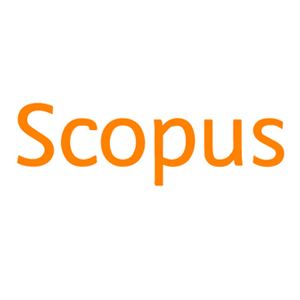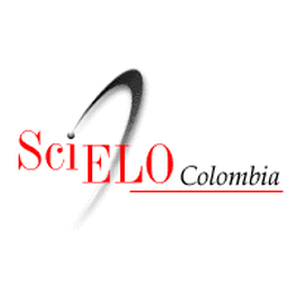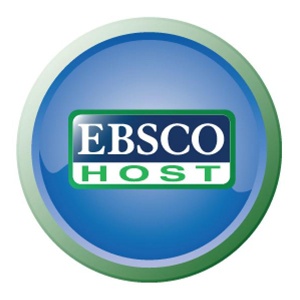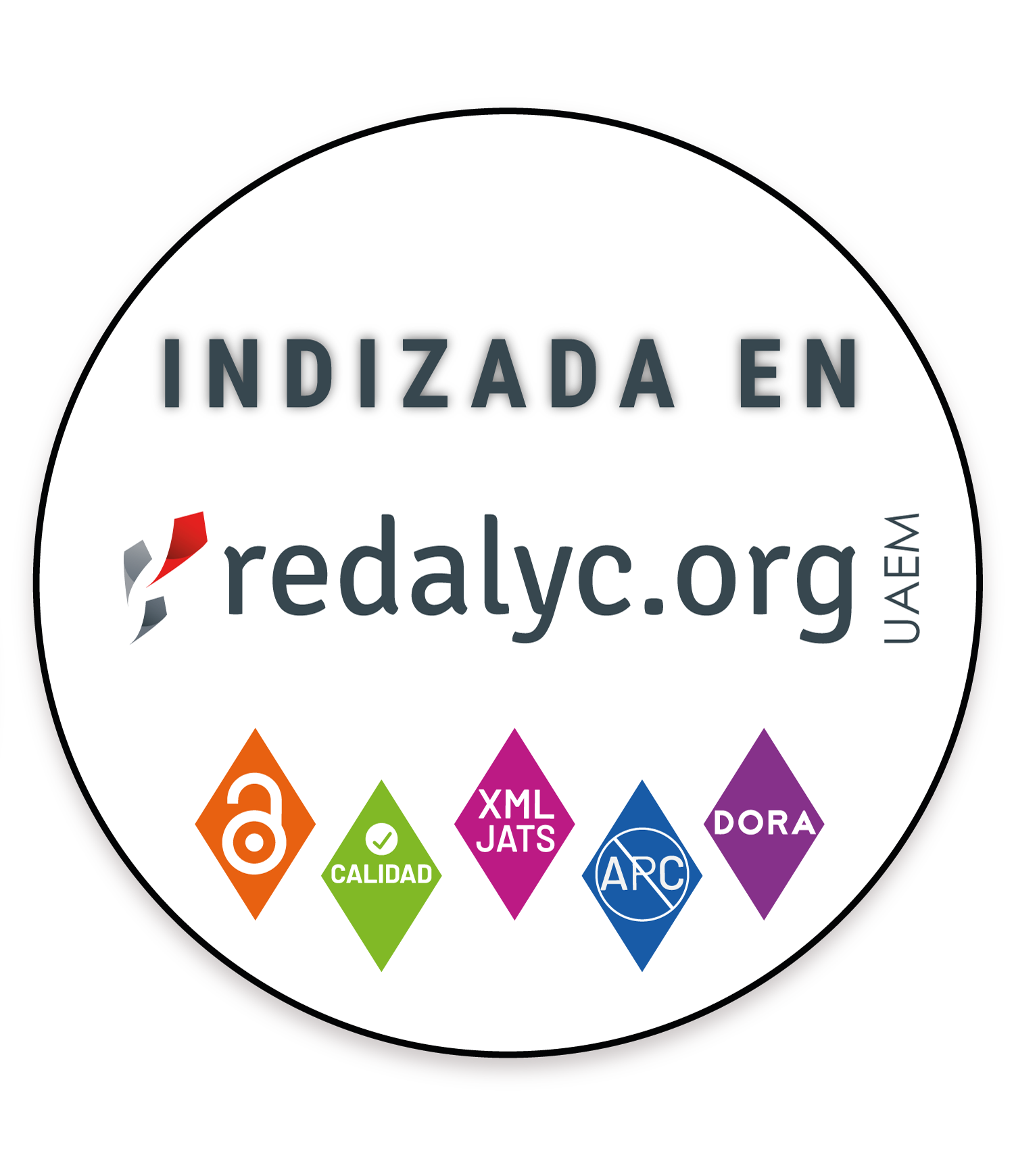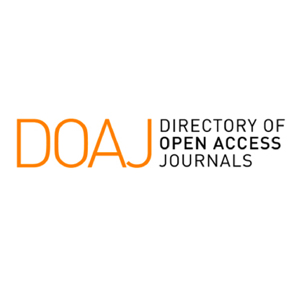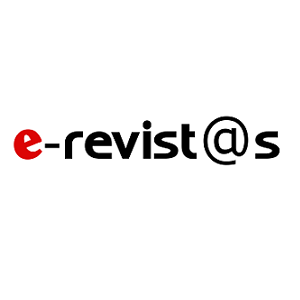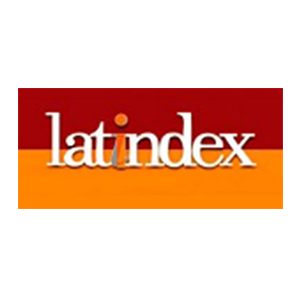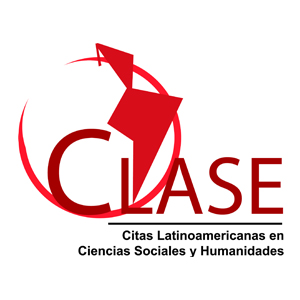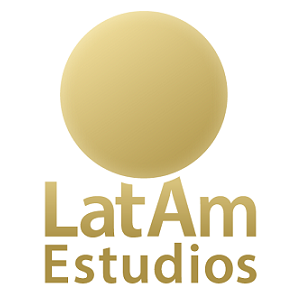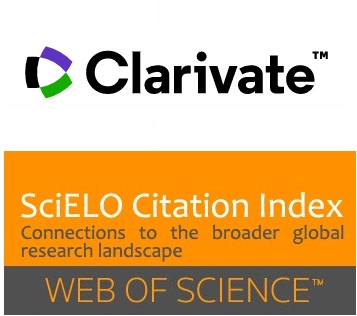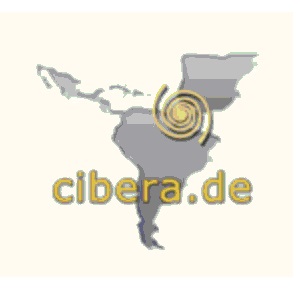LAS REPRESENTACIONES DEL LIBRO, TEMAS Y PROBLEMAS PARA UNA HISTORIA DE LA EDUCACIÓN COLOMBIANA A MEDIADOS DEL SIGLO XIX
Tanto liberales como conservadores utilizaron la educación como bandera política amediados del siglo XIX y a través de su concepción centrada en el orden de la moral, yde las polémicas sobre la libertad de enseñanza, se dirimieron problemas centrales comoel federalismo y el centralismo, la libertad de imprenta y la libertad religiosa, ubicadosen las tensiones entre la ciudad y el campo, lo nacional y lo extranjero, lo permitido y lono permitido, lo que debía ser escrito y lo que debía ser leído.El libro como centro de acción en la cerrada sociedad letrada hizo parte fundamental dela acción social. La manera como se pensaron las prácticas lectoras dio al libro unafunción dentro de la cotidianidad tanto pública como privada. Exponer entonces lasmaneras como se representó el libro, permite identificar redes en la educación y sufunción social frente a la construcción de la nacionalidadEl artículo expone entonces las diversas representaciones del libro producidas entre losaños 1840-1880 (único período de desarrollo federal en la historia nacional). Desde lahistoria cultural se busca proponer así, diversos temas y problemas en los que se integrala historia del libro a la historia de la educación, ubicando las formas de acceso a la lecturacomo participación en la construcción de prácticas y gestos sociales tan importantes dereconocer para la historia
PALABRAS CLAVE:
Representation, libro, historia de la educación, Colombia, siglo XIX, federalismo, centralismo.
ABSTRACT
Around the middle of the XIXeth century, liberals and conservatives used education asa political banner. Through their conception of education centered on the order of moralsand though polemics about the freedom of teaching, central problems like federalism andcentralism, press freedom and religious liberties were debated. These problems couldalso be pinpointed in the tensions between the country and the city, the national and theforeign, what was permitted and what was not, what should be written and what shouldbe read.The book, as a center of action in the closed literate society, was a fundamental part ofsocial action. The way in which reading processes were thought gave the book a specificfunction in public and private everyday life.This paper explains the different representations of the book that were current from1840 to 1880 (the only period of a federal government in Colombian history). Startingfrom cultural history, it sets forth several subjects and problems in which the history ofthe book merges with the history of education, identifying the different forms of gainingaccess to reading as a way to participate in the construction of social practices andgestures, which are should be recognized by history.
KEY WORDS:
Representation, book, history of the education, Colombia, XIXth century, federalism,centralism
Visitas al artículo
Downloads
© Universidad del Atlántico. Los originales publicados en las ediciones impresa y electrónica de Historia Caribe, ISSN 0122-8803 e-ISSN 2322-6889, son propiedad de la Universidad del Atlántico, siendo necesario citar la procedencia en cualquier reproducción parcial o total.
Salvo indicación contraria, todos los contenidos de la edición electrónica se distribuyen bajo una licencia de uso y distribución “Creative Commons Reconocimiento-No Comercial 4.0 Internacional” (CC-by-nc). Puede consultarse en https://creativecommons.org/licenses/by-nc/4.0/





